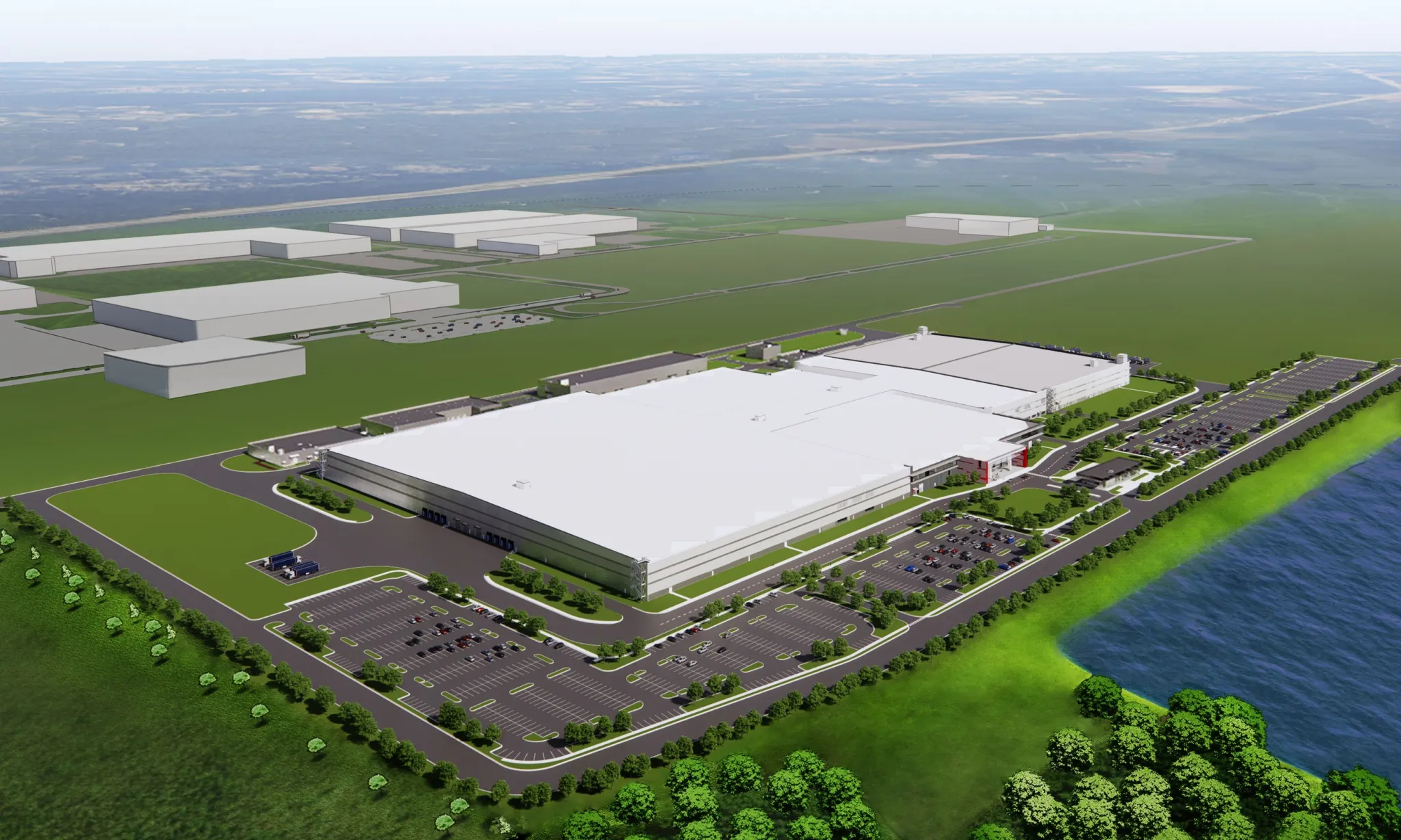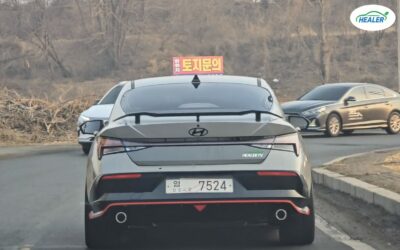An immigration raid at a Hyundai-LG battery plant under construction in Georgia resulted in the arrest of 475 workers, many of them South Korean nationals. The U.S. Department of Homeland Security carried out the operation after a months-long investigation into alleged illegal hiring practices and the use of temporary travel authorizations, like ESTA, for work.
Hyundai’s Response
Hyundai Motor Company has stated that none of those detained were direct employees. The company, which has a joint venture with LG Energy Solutions for the new battery plant (Hyundai-LG HL-GA Battery Company), is currently working to understand the situation and has paused construction work at the site. Hyundai’s North American chief manufacturing officer has been assigned to oversee the entire Georgia project, and the company has pledged to investigate its suppliers and subcontractors to ensure they are complying with all relevant laws and regulations.
Government Intervention
The South Korean government has also responded, expressing regret to the U.S. Embassy and urging authorities to ensure the legal rights of its citizens are not infringed upon. A field response team was launched by the Ministry of Foreign Affairs to actively address the issue. The two countries have since reached an agreement to release the detained workers and repatriate them to South Korea.
Broader Context
The incident, dubbed “Operation Low Voltage,” is being called the largest single-site enforcement operation in the history of Homeland Security Investigations. The raid has highlighted a diplomatic and economic tension between the U.S. and South Korea, particularly regarding visa restrictions and the push for South Korean investment in American manufacturing. The construction of the $4.3 billion battery plant, part of a larger investment by Hyundai into the U.S. electric vehicle market, has been temporarily suspended.





